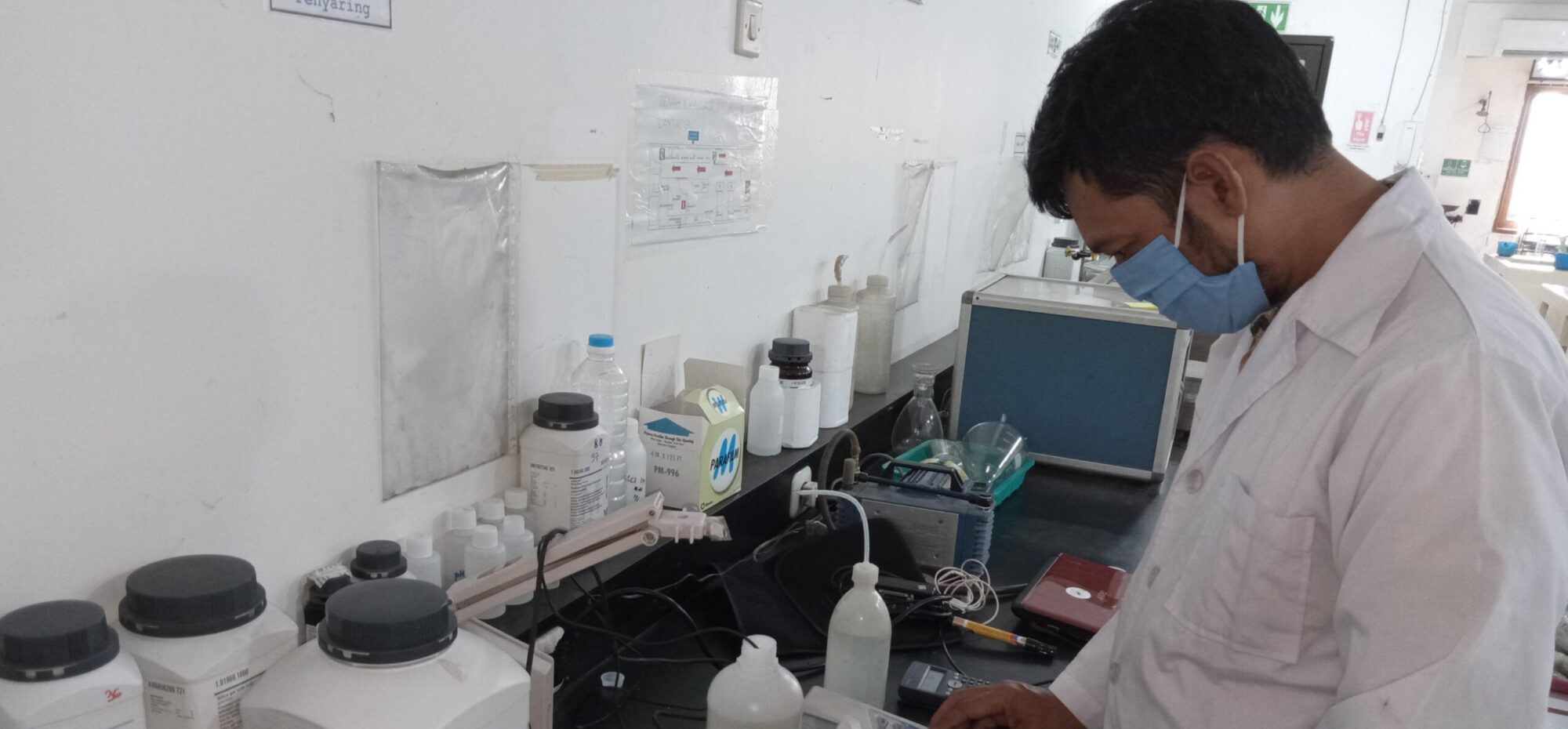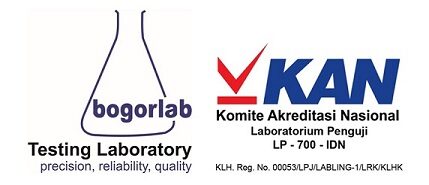Science Journalism in The Digital Age

FREIBURG, GERMANY | 29.11. – 30.11.2020
A EUROPEAN CONFERENCE
2020 will go down in the annals as the year of the Corona pandemic – and thus also the year in which it became abundantly clear just how important science journalism is in ensuring that the worldwide public is provided with reliable information. Individual researchers are reaching an audience of millions and have become key advisors for policy-makers and the general public. At the same time, what was already a precarious economic situation for many media companies is now critical.
Against this backdrop, the European conference ‘Science Journalism in the Digital Age’ (SciCon) wants to focus attention on the future of science journalism. What self-image can guide quality science journalism in the digital age? What approaches and partnerships, what business models can lead science journalism into the future? How can we envisage constructive interaction between science journalism and science itself? How can states, foundations and private sector players shape this process of transformation?
PROGRAMME
The Corona pandemic has forced the organisers to change the face-to-face format originally foreseen for the conference. We have now decided to pursue a two-pronged strategy: We have recruited international speakers for online lectures (THE VIRTUAL SCICON LECTURES). Then, at a largely German-speaking event on 29/30 November 2020 in Freiburg (THE SCICON WORKING CONFERENCE), we will hold a working meeting in person. In this meeting, we aim to analyse and discuss how the international experts’ assessments can be productively introduced into the debate on the future of science journalism in Germany.
The virtual SciCon series has begun on 1 October 2020 at 3 pm (CET) with a lecture by Tom Rosenstiel). Rosenstiel is one of the most renowned media experts in the world. According to the Wall Street Journal, his book “The Elements of Journalism”, published in 2001 together with Tom Kovach, is one of the five most important works ever published on journalism.
On 29/30 November, the SciCon working conference will take place in Freiburg. In the light of this diverse experience, journalists, representatives of media companies, foundations, policy-makers and scientists will discuss what should be done in practical terms to create robust structures for tomorrow’s science journalism in Germany.

